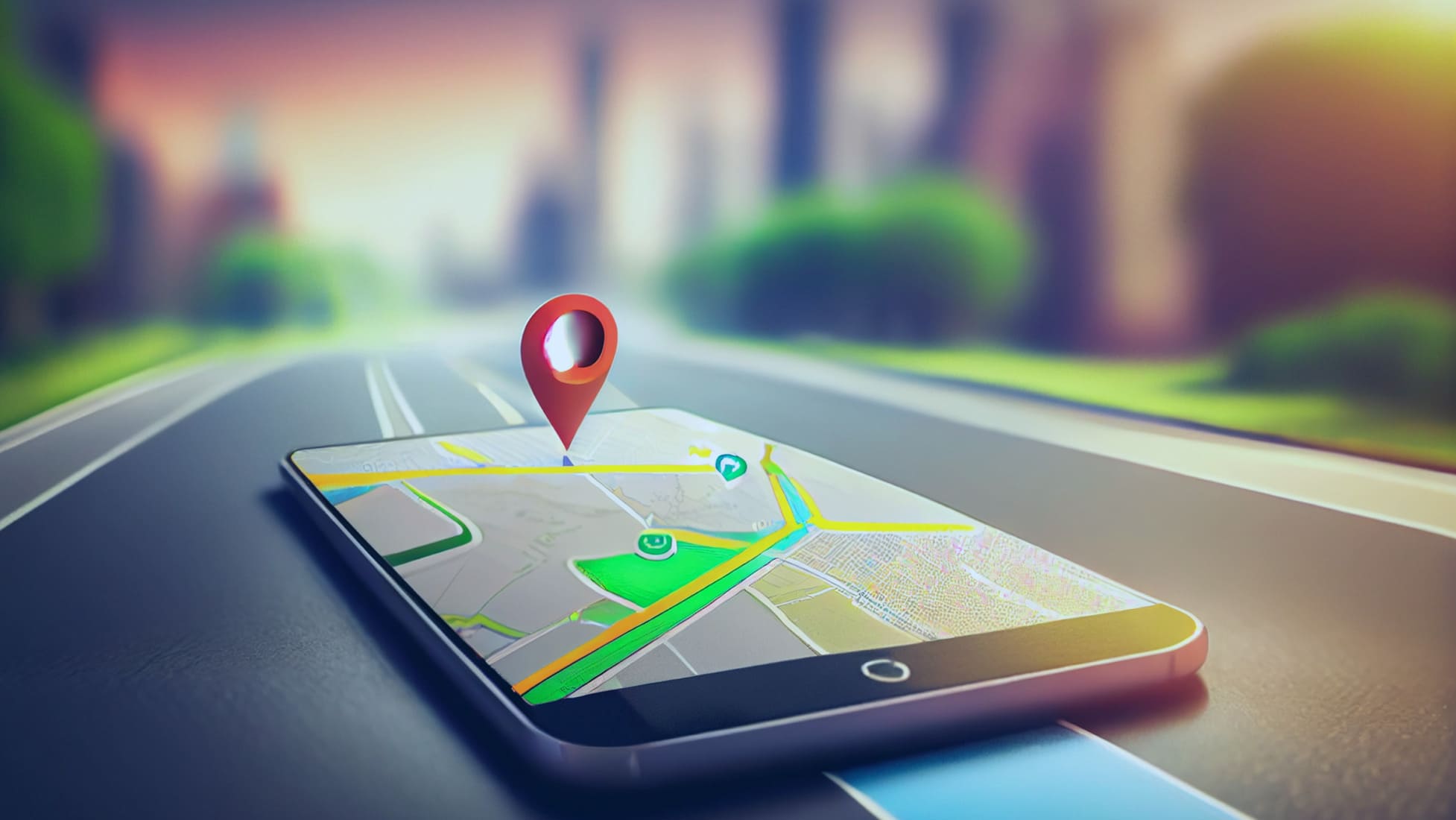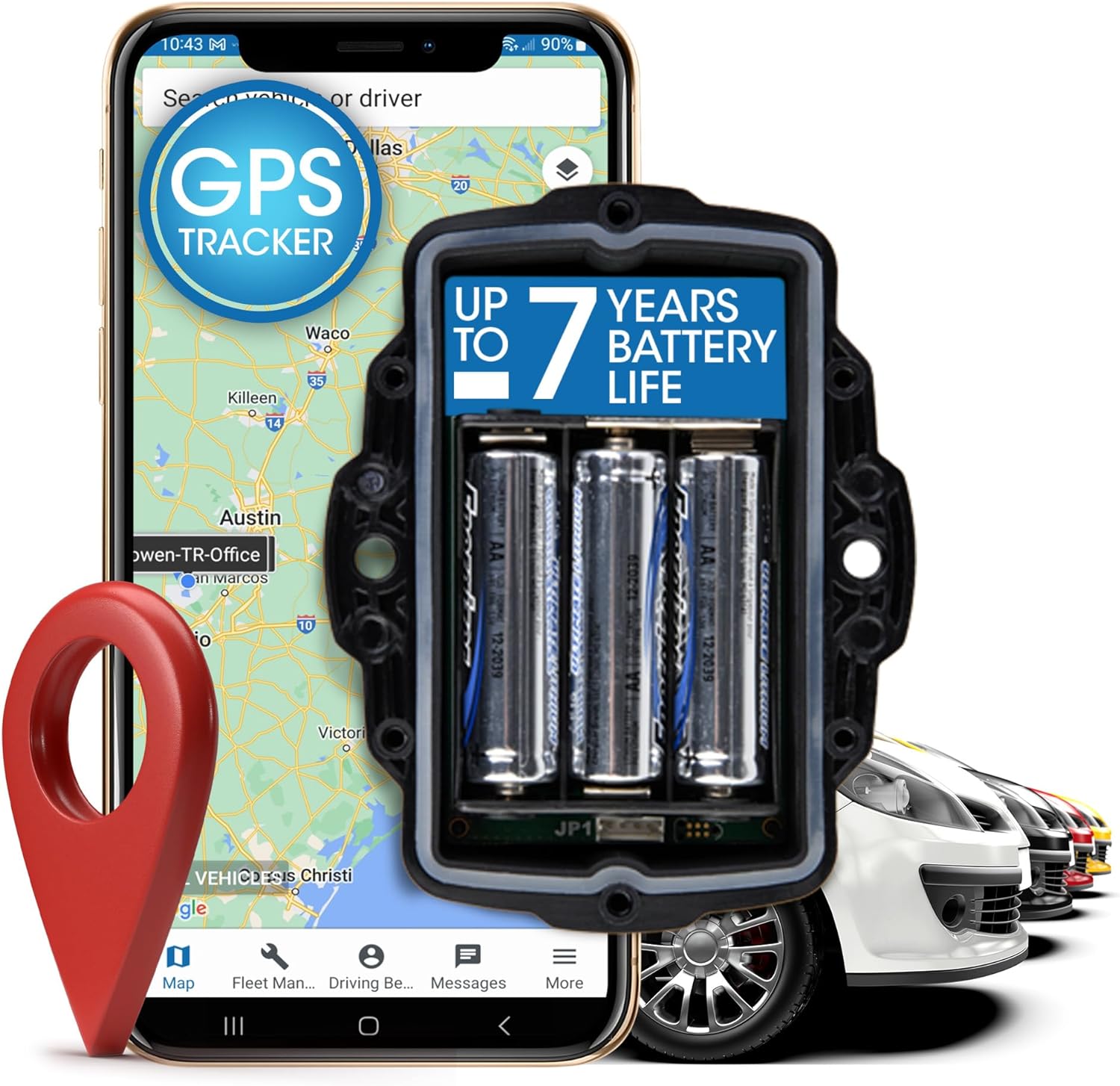Leading Benefits of GPS Tracking for Fleet Monitoring
Leading Benefits of GPS Tracking for Fleet Monitoring
Blog Article
Navigating the Future of GPS Tracking: Innovations, Obstacles, and Opportunities Ahead
As we stand at the crossroads of social ramifications and technological developments, the landscape of General practitioner monitoring is positioned for a transformative journey in advance. With terrific development comes excellent obligation, as data privacy worries impend big and safety challenges in General practitioner monitoring raising significant inquiries about securing delicate info.
Development of GPS Modern Technology
The Evolution of GPS Technology has been marked by substantial improvements in precision, insurance coverage, and effectiveness throughout the years. Originally created for military functions, general practitioner technology has actually advanced to become an ubiquitous device in numerous sectors, consisting of transport, logistics, farming, and individual navigating. Early general practitioner systems were defined by restricted insurance coverage, lower accuracy, and bulkier equipment requirements. Nevertheless, with recurring technological technologies, GPS has actually transitioned to a lot more reliable and precise systems that use worldwide insurance coverage and improved precision.
One trick milestone in the evolution of GPS innovation was the growth of Selective Accessibility (SA) in the 1990s, which intentionally degraded the precision of civilian GPS signals. The discontinuation of SA in 2000 significantly improved GPS accuracy for noncombatant users. Subsequent developments, such as the deployment of added satellite constellations like Galileo and BeiDou, have actually further enhanced GPS protection and accuracy, making it an important device in day-to-day life. As GPS modern technology continues to progress, we can expect further renovations in precision, coverage, and performance, opening brand-new opportunities for technology and applications throughout different markets.
Real-Time Tracking Advancements
Building on the innovations in GPS technology that have actually changed accuracy and coverage, real-time tracking has become a critical area of development with extensive ramifications across various industries. Real-time tracking developments allow companies and companies to keep an eye on automobiles, properties, and employees immediately, supplying beneficial insights for decision-making procedures - gps tracking. By leveraging real-time data, firms can improve operational effectiveness, boost customer care, and guarantee the safety and security and security of their assets
One of the key developments in real-time tracking is the assimilation of artificial intelligence and maker knowing formulas, which allow anticipating analytics and anomaly detection. These capacities enable aggressive maintenance scheduling, course optimization, and threat mitigation methods. Furthermore, the development of real-time tracking systems has resulted in the development of customizable control panels and mobile applications, encouraging individuals to access essential information anytime, anywhere.
Data Personal Privacy Concerns
Information privacy concerns include various facets, including the storage space, sharing, and retention of area information. Businesses should implement robust protection procedures to secure general practitioner tracking data from cyber risks and data breaches. Clear policies regarding information collection practices and the objective of monitoring are important to construct trust with consumers and guarantee conformity with data defense policies.

Security Obstacles in GPS Monitoring
Dealing with data personal privacy problems in GPS tracking is delicately connected to alleviating the protection tests that arise from potential susceptabilities in the technology. One of the primary safety and security obstacles in GPS tracking is the risk of unauthorized access to delicate place data.

Another safety and security challenge is the potential for jamming or spoofing General practitioner signals. Implementing robust file encryption, verification measures, and signal confirmation protocols are crucial actions in addressing these protection obstacles in GPS tracking.
Emerging Opportunities in the Industry
The expanding area of general practitioner monitoring modern technology offers a myriad of appealing chances for sector development and technology. One key possibility hinges on the growth of GPS monitoring applications past traditional industries. Industries such as logistics, transport, and fleet monitoring have actually been very early adopters of general practitioner innovation. Arising opportunities are currently developing in locations like medical care, agriculture, and ecological monitoring. For example, general practitioner monitoring can transform person care by making it possible for remote monitoring of important signs and making certain timely medical aid. In agriculture, GPS technology can optimize crop monitoring methods and boost overall return. Moreover, ecological monitoring can take advantage of GPS monitoring by enabling real-time information collection for environment official statement research and conservation efforts.
Furthermore, the raising demand for linked tools and IoT remedies offers a ripe opportunity for General practitioner tracking firms to increase their offerings and produce cutting-edge remedies that cater to a much more linked globe. By exploiting on these arising possibilities, General practitioner tracking firms can place themselves for great post to read sustained growth and success in the dynamic landscape of the industry.
Conclusion
In verdict, the future of GPS tracking is marked by constant evolution and innovation in technology. As the sector moves onward, browsing these challenges will certainly be important to ensure the ongoing development and success of GPS monitoring innovation.
With fantastic advancement comes fantastic duty, as data personal privacy worries loom big and safety challenges in GPS tracking raising pertinent concerns regarding guarding sensitive info.With the fast proliferation of General practitioner monitoring modern technology in various industries, attending to data personal privacy worries has become a crucial crucial for both consumers and services alike. The collection of location information through GPS monitoring raises significant personal privacy issues, as it allows the surveillance of people' actions and motions. Businesses using General practitioner monitoring should prioritize safeguarding this information to stop unauthorized accessibility or abuse that can compromise individuals' privacy rights.
Businesses have to implement durable protection actions to secure GPS monitoring data from cyber dangers and data violations.
Report this page